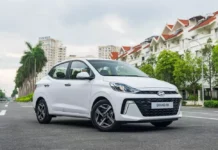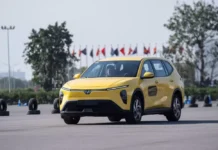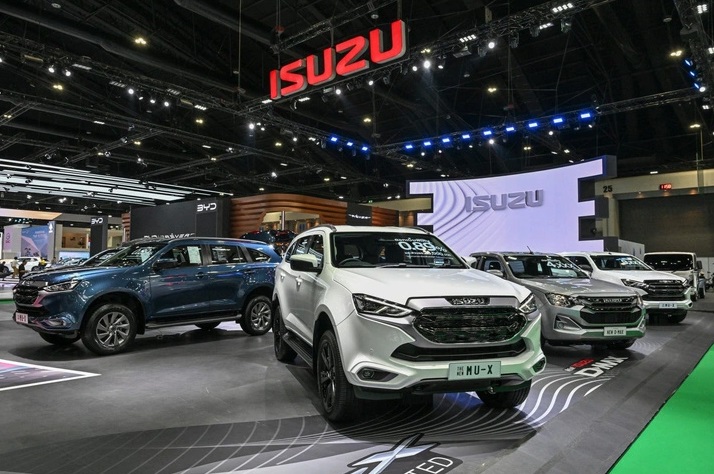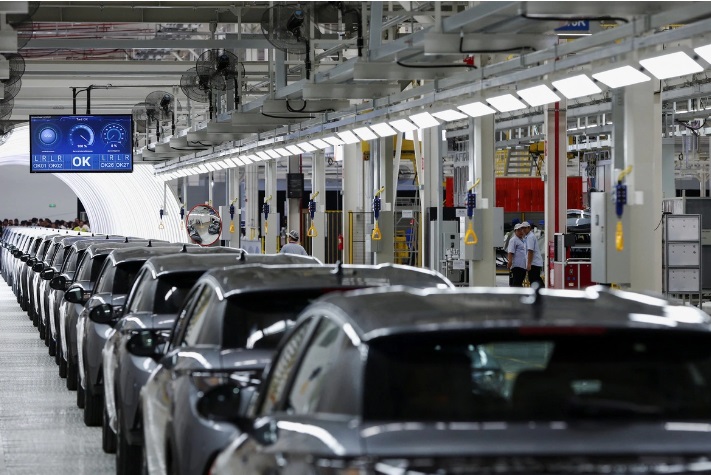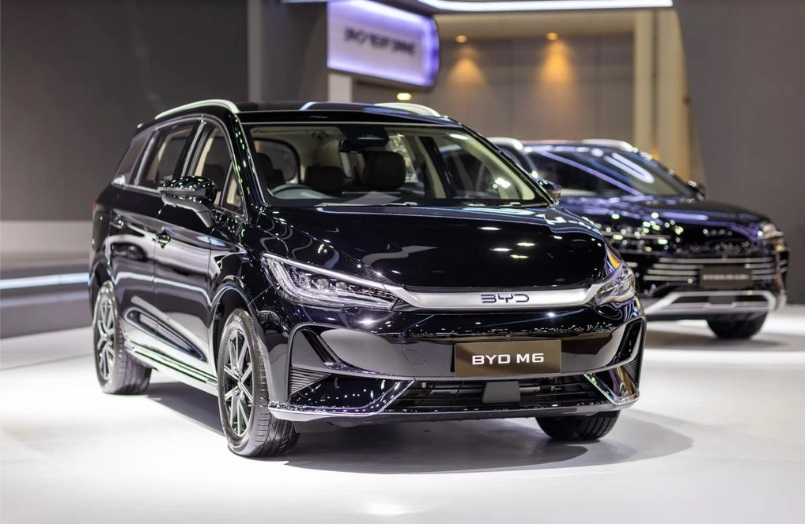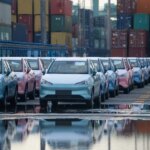Thailand, dubbed the “Detroit of Asia,” has been a hub for major automotive manufacturers.
However, the country’s automotive industry now teeters on the brink, facing a crisis due to the influx of Chinese electric vehicles.
Thailand’s vehicle sales are experiencing a significant downturn. From the beginning of the year to October 2024, total vehicle sales reached only 476,350 units, a 26.2% decline compared to the same period last year.
The electric vehicle segment was the hardest hit, with a 47% drop in sales in October 2024, falling to 4,130 units. Hybrid vehicles declined by 21%, pickup trucks by 42%, and passenger cars by 29.7%.
The full-year 2024 sales in Thailand are expected to reach just 560,000 units, the lowest since 2009 (548,871 units). This figure is even lower than the 754,254 vehicles sold in 2021 during the pandemic.
This downturn is caused by a combination of economic and policy factors. The Central Bank of Thailand’s move to tighten loan approvals in 2023 to control household debt has led to a decline in pickup truck sales, a popular choice for small business owners. Additionally, policies favoring electric vehicles have inadvertently opened the floodgates for Chinese automakers, resulting in intense price competition.
Previously, the Thai government introduced a range of attractive policies, including import tax exemptions for Chinese electric vehicles, conditional on manufacturers investing in local factories. The government also provided subsidies to consumers to boost the electric vehicle market.
However, the wave of electric vehicles from China has exerted immense pressure, pushing Thailand’s traditional supply chain into crisis. With excess production, Chinese EV makers not only compete fiercely on price but also severely impact domestic supporting enterprises. In the past year, nearly 2,000 factories in Thailand, including many automotive ancillary industries, have shut down.
The influx of heavily subsidized electric vehicles directly impacts Thailand’s automotive industry, which contributes 11% to the country’s GDP. Sales of traditional gasoline vehicles declined as soon as the subsidy policies took effect.
In the face of this competition, Honda, Japan’s second-largest automaker, decided in June to halt production at its Ayutthaya plant in 2025, consolidating its operations with a factory in Prachinburi Province. The company plans to cut annual production in Thailand from 270,000 to 120,000 vehicles.
Subaru also announced it would cease production by the end of this year, and Suzuki communicated its plans to shut down its Thai factory by 2025.
The Thai Auto Industry Stumbles Over its “Favoritism” for Chinese Electric Vehicles
Thailand, often dubbed the “Detroit of Asia”, is a powerhouse when it comes to automotive manufacturing. The country is home to a plethora of prominent carmakers, earning its reputation as a hub for all things automotive in the region. With a strong presence of industry leaders, Thailand has cemented its place on the global map as a key player in the automotive world, mirroring the spirit of Detroit, the traditional automotive capital.
The New Auto Tax War: Turkey Targets Chinese Cars Post-US
The Turkish government is set to impose an additional import tax of up to 40% on vehicles of Chinese origin. This significant increase in import duties is part of Turkey’s efforts to protect and promote its domestic automotive industry, as well as to regulate the influx of foreign-made vehicles into the country. The new tax measure is expected to have a substantial impact on the pricing and availability of Chinese-made vehicles in the Turkish market, potentially affecting consumer choices and the competitive landscape within the automotive sector.
Unveiling the Voyah Zhiyin: The Electric SUV Powerhouse from the Renowned Truck Manufacturer in Vietnam with an Impressive 901 km Range and Rapid Charging Capabilities
The Chinese electric vehicle industry is witnessing a remarkable revolution, with advancements in battery technology taking center stage. Today’s EVs are boasting an impressive range, surpassing 900 km on a single charge, and challenging traditional fuel-powered vehicles. Voyah Zhiyin, a standout example, is equipped with 5C turbocharging technology, capable of recharging an astonishing 515 km of range in just a 15-minute pit stop. This marks a significant milestone in the evolution of electric mobility, offering consumers an enticing alternative to conventional transportation.
























